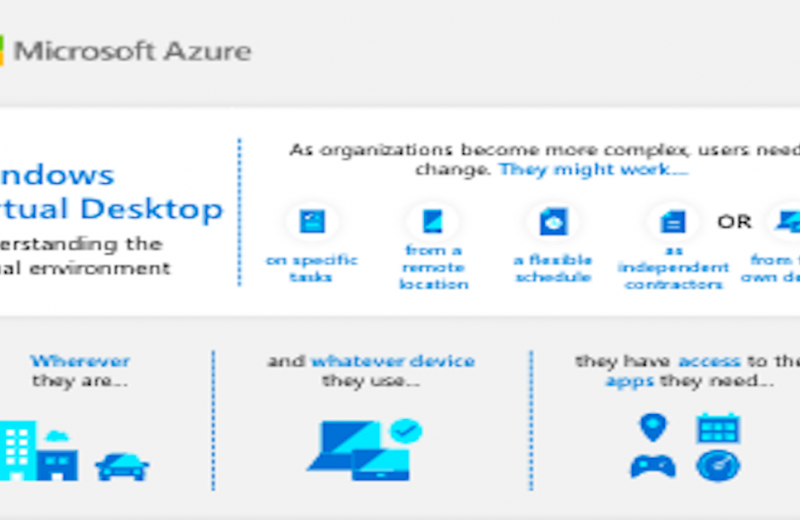Around 80th of enterprises currently have a hybrid cloud strategy in place however cite complexity as a key hurdle, consistent with the findings from a replacement report by Microsoft.When we seek advice from our customers concerning their cloud strategy, we tend to still hear loud and clear from several of them that a hybrid approach to cloud makes the most sense for their business. Organizations choose a hybrid strategy for many reasons including to take advantage of the cloud while leveraging existing on-premises technology as an asset, to help them achieve greater flexibility, or to meet regulatory requirements. More than 95 percent of Fortune 500 companies trust their business on Azure today, and many of them take advantage of Azure hybrid capabilities to fuel innovation and deliver great business outcomes.

As the leader in hybrid cloud, we are committed to designing and delivering new capabilities that support our customers’ hybrid needs so they can run their business successfully on Azure.
Consistent hybrid identity:
Azure provides a common identity model with Azure Active Directory, giving users a secure, seamless single sign-on experience across applications and environments on-premises, in Azure and other clouds. Connect your on-premises Active Directory solutions to the cloud with Azure Active Directory and have one identity and access management strategy across your full estate.
Consistent hybrid security and management:
Azure offers the broadest built-in security and management capabilities to ensure that Linux and Windows resources across cloud and on-premises are monitored, backed up, secure, and resilient in a unified way.
Consistent hybrid data platform:
Azure offers a full set of data services that enable customers to distribute, manage, and analyze data consistently across on-premises and the cloud, whether it’s in SQL, PostgreSQL, MySQL, or NoSQL. Yesterday we announced the general availability of Azure SQL Database Managed Instance, a service that allows organizations to move all their SQL workloads to the cloud and back again – with no code changes – regardless of what SQL Server they are currently running. KMD, a leading IT and software company, finds SQL Database Managed Instance invaluable because it allows them to migrate huge databases into Azure cloud, making a one-to-one transfer without changing any code.
Consistent hybrid DevOps:
Running a successful hybrid cloud requires a consistent DevOps approach across environments. Earlier this month, we announced Azure DevOps, the most complete DevOps offering in the public cloud. With Azure DevOps services and on-premises Azure DevOps Server, customers get the same full suite of DevOps services and capabilities across hybrid cloud, enabling agile development and consistent software delivery by adopting the same CI/CD pipeline across cloud and on-premises. The result includes better products delivered faster.
Hybrid cloud is evolving from being the integration of a data center with the public cloud, to becoming units of computing available at the edge, including even the world’s most remote destinations, working in concert with public cloud. We call this new era intelligent cloud and intelligent edge. Many of the same patterns and principles of building hybrid applications apply to cloud/edge applications. The investments you make and the skillsets you develop from running Azure hybrid cloud position your organization to take advantage of edge computing in the future.




















